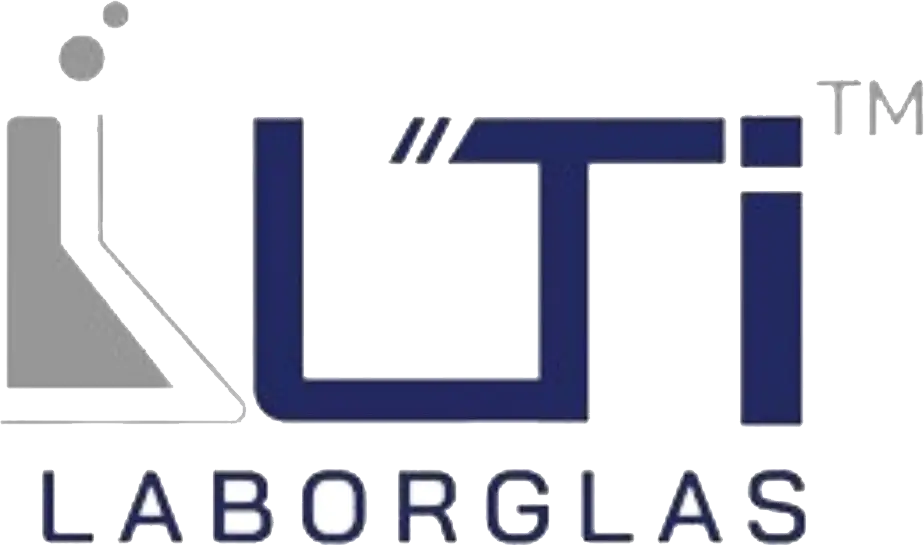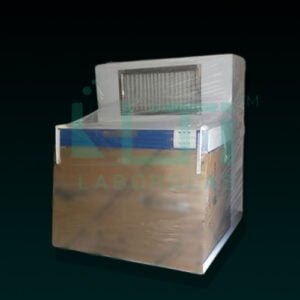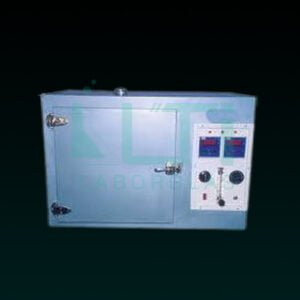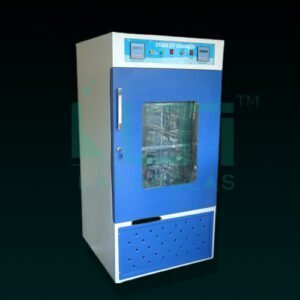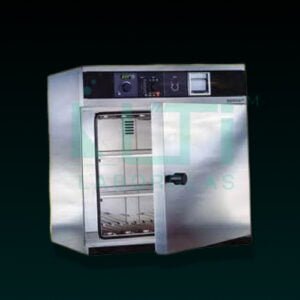Features:
- Oil Bath (Precision) Circulator
- Specially designed for calibration of sensor. also usable for small distillations catalic experiment circulation at higher temperature
- Double walled in construction with inner made of heavy gauge 304 stainless & exterior of G.I sheet finish with epoxy powder coated shade
- Inner 316L and exterior 304 S.S matt finish in GMP Model
- Fan cooled motor powers impeller pump for internal as well external circulation pump output from 6 Lt. per minute with 5 feet head in standard
- Microprocessor based PID temperature controller for precise accuracy• Specially designed long life stainless steel heaters
An Oil Bath Circulator is commonly used for:
- Precise Temperature Control: Providing accurate and stable temperature conditions.
- Thermal Reactions: Supporting chemical reactions requiring controlled heating.
- Cryogenic Applications: Facilitating both heating and cooling for versatile applications.
- Temperature-sensitive Processes: Ensuring optimal conditions for various processes.
- Circulation: Efficiently circulating heated or cooled oil for uniform temperature distribution.
- Condensation and Distillation: Assisting in processes like distillation and condensation.
- Quality Control: Maintaining consistent temperature for testing and analysis.
- Laboratory Experiments: Utilized in a range of scientific experiments and procedures.
- Industrial Research: Applied in research and development activities in industries.
- Material Testing: Supporting tests that require controlled temperature conditions.
